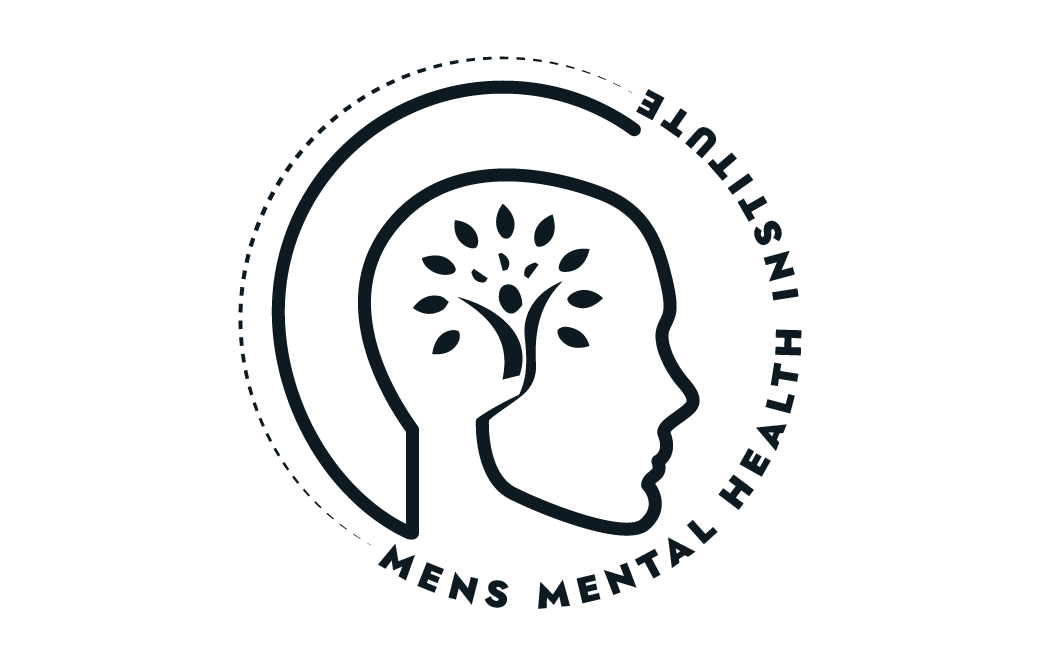Fatherhood After Divorce: Navigating Complex Emotions and Behavioral Patterns
Divorce is a seismic event, shaking the foundation of your family and identity, especially as a father. The feelings of loss, guilt, frustration, and uncertainty you face aren’t just emotional, they are rooted in deep brain processes and evolutionary mechanisms.
Neuroscience shows that chronic stress, like the emotional upheaval following divorce, activates the amygdala (the brain’s threat center), impairing the prefrontal cortex responsible for decision-making, emotional regulation, and empathy. This means when you feel overwhelmed, your ability to be emotionally present with your children can be compromised.
From an evolutionary psychology perspective, men’s roles as fathers have historically been tied to protection, provision, and emotional support. Although roles have evolved culturally, the mammalian brain still seeks attachment and social bonds. Secure father-child attachment supports not only child development but men’s own emotional well-being.
Social psychology highlights how social expectations and stereotypes, like the “absent father” myth, can pressure men to suppress vulnerability or overcompensate through hyperwork or control. These cultural pressures can interfere with authentic connection and contribute to feelings of isolation.
Human behavior standards emphasize that consistent, emotionally attuned presence trumps perfection. Children need safety, predictability, and responsiveness, not flawless fathers.
However, the mental health system often under-serves divorced fathers, focusing more on mothers or pathologizing men’s emotional expression, which can leave fathers feeling misunderstood and unsupported.
Therapeutic Strategies to Rebuild Fatherhood
Attachment-Based Therapy
Focuses on healing disrupted bonds by strengthening emotional attunement and secure attachment patterns. This therapy taps into the brain’s neuroplasticity, promoting new, healthier relational pathways.
Mindfulness and Emotion Regulation (DBT techniques)
Help fathers manage amygdala-driven reactivity and strengthen prefrontal cortex function, improving emotional presence and patience with children.
Solution-Focused Therapy
Helps fathers identify actionable steps and build routines that create consistent positive interactions, fostering trust and safety.
Social Support Groups
Provide validation and shared experiences, reducing social isolation and reshaping beliefs around masculinity and fatherhood.
What You Can Gain by Embracing Growth as a Father After Divorce
Mentally, healing your brain’s emotional circuits enhances resilience, self-awareness, and emotional regulation.
In your relationship with your children, consistent nurturing presence rebuilds trust and deepens emotional bonds.
Socially, you model healthy masculinity, showing vulnerability alongside strength, breaking generational trauma cycles.
Professionally and personally, emotional stability supports clearer decision-making, productivity, and meaningful connections.
Divorce may disrupt family structure, but it doesn’t have to fracture fatherhood. Grounded in neuroscience and behavioral science, therapeutic support empowers you to rebuild, thrive, and create the father-child relationship you desire and deserve.








